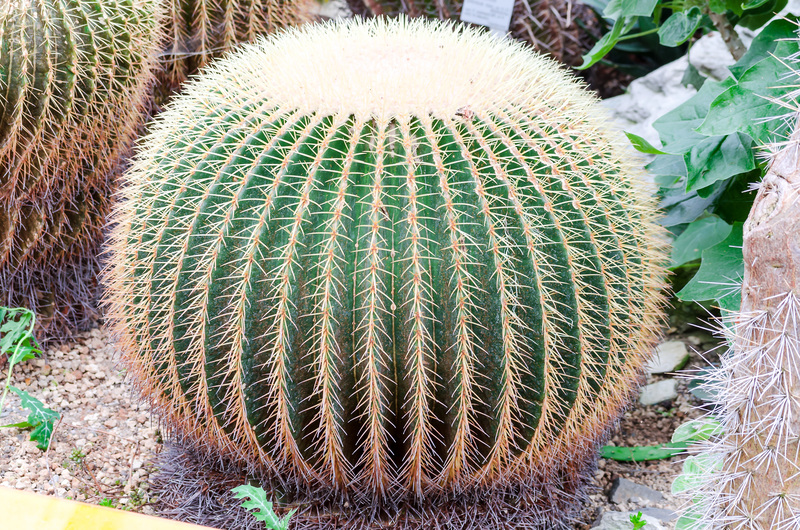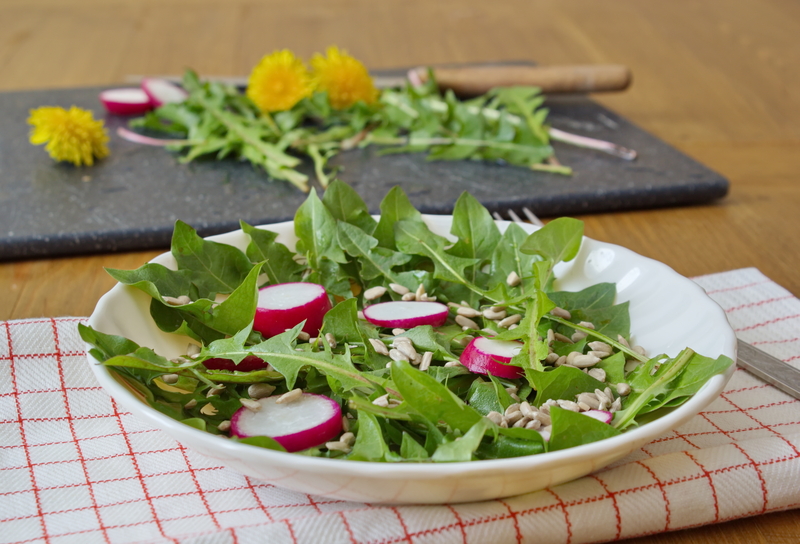Ways to Support Bee Conservation
Posted on 19/09/2025
Ways to Support Bee Conservation
Bees are integral to our ecosystem, significantly contributing to the pollination of about one-third of the food we consume. Unfortunately, bee populations worldwide have been in decline due to factors such as habitat loss, pesticide use, and climate change. Supporting bee conservation is not only beneficial for the bees but also crucial for environmental health and agricultural productivity. In this article, we will explore various ways to support bee conservation effectively.
Create a Bee-Friendly Garden
One of the best ways to support bee conservation is by creating a bee-friendly garden. Bees need a variety of flowers for nectar and pollen, so include a diverse array of plants that bloom at different times throughout the season. Native plants are particularly useful as they are well-adapted to the local environment and more likely to attract local bee species.
Consider planting:
- Wildflowers
- Lavender
- Sunflowers
- Bee balm
- Marigolds
Additionally, avoid using pesticides or herbicides that are harmful to bees. Opt for organic gardening methods or natural pest deterrents to create a safer environment for these pollinators.

Support Organic and Sustainable Farming
Organic and sustainable farming practices are less harmful to bees compared to conventional farming, which often relies on chemical pesticides and monocultures. By choosing to purchase organic produce and products, you support farmers who are employing practices beneficial to bees.
You can also participate in community-supported agriculture (CSA), where you have a direct relationship with local farmers who often use more sustainable practices. This not just supports bee conservation but also promotes local economies and healthier foods.
Advocate for Chemical-Free Lawns
Many homeowners use chemical fertilizers and pesticides to maintain their lawns, which can be detrimental to bee populations. Advocating for chemical-free lawns in your community can have a significant impact on local bee populations.
Consider starting a movement in your neighborhood to stop the use of harmful chemicals and encourage the planting of clover, dandelions, and other wildflowers, which are great sources of nectar and pollen for bees.
Join or Support Conservation Organizations
Numerous nonprofit organizations focus on bee conservation and related environmental causes. These organizations often engage in habitat restoration, advocacy, research, and public education. By supporting them through donations, volunteer work, or membership, you contribute to larger-scale efforts aimed at protecting and conserving bee populations.
Some well-known organizations include:
- The Xerces Society for Invertebrate Conservation
- Pollinator Partnership
- Friends of the Earth
- Bees for Development
Build and Install Bee Habitats
Wild bees, which differ from the honeybees managed by beekeepers, also require support. One way to help is by constructing and installing bee habitats. Bees need places to nest, so creating bee houses is a great way to provide them with much-needed homes.
Different types of bee houses can cater to various species:
- Bee Hotels: These structures contain various sized holes for solitary bees to lay their eggs. You can easily make one by bundling together bamboo canes or drilling holes into a block of wood.
- Ground Nesting Habitats: Many bee species nest in the ground. Leaving patches of bare soil or creating sandy areas will provide nesting opportunities for these bees.
Reduce Your Carbon Footprint
Climate change poses a significant threat to bee populations, affecting their habitats and food sources. Reducing your carbon footprint can mitigate some of the adverse effects of climate change. Simple steps include:
- Using energy-efficient appliances
- Reducing car travel or using public transportation
- Minimizing waste and recycling
- Supporting renewable energy initiatives
Practice Bee-Friendly Beekeeping
If you are interested in beekeeping, it's essential to practice bee-friendly methods. This includes providing a variety of flowers, using minimal chemicals, and ensuring that your bees have enough food and water. Ethical beekeeping also involves careful management to prevent the spread of diseases and parasites that could affect wild bee populations.
Consider taking a beekeeping course or joining a local beekeeping association to gain more knowledge and support.
Educate and Raise Awareness
Education is a powerful tool in the fight to conserve bee populations. By raising awareness among friends, family, and your community about the importance of bees and the challenges they face, you can inspire collective action.
Use social media, community events, and local workshops to spread the message. Schools and educational institutions can also integrate bee conservation topics into their curricula, fostering a new generation of environmentally conscious individuals.

Support Bee Research
Scientific research plays a crucial role in understanding the factors contributing to bee decline and developing strategies to mitigate them. Supporting academic and governmental research initiatives can provide valuable data and innovative solutions for conservation efforts.
Consider donating to research programs at universities, participating in citizen science projects, or advocating for government funding for pollinator research.
Conclusion
Bee conservation is a multifaceted issue requiring collective effort from individuals, communities, and global organizations. By creating bee-friendly gardens, supporting organic farming, advocating for chemical-free lawns, joining conservation organizations, building bee habitats, reducing carbon footprints, practicing ethical beekeeping, educating others, and supporting scientific research, we can contribute significantly to safeguarding bee populations.
Your actions, no matter how small, can make a considerable difference. Together, we can create an environment where bees thrive, ensuring the health of our ecosystems and the sustainability of our food systems for future generations.
Latest Posts
Essential Tools for Passionate Gardeners
Top 9 Gardening Tips for Newbies
Top Edible Wild UK Plants and Flowers



